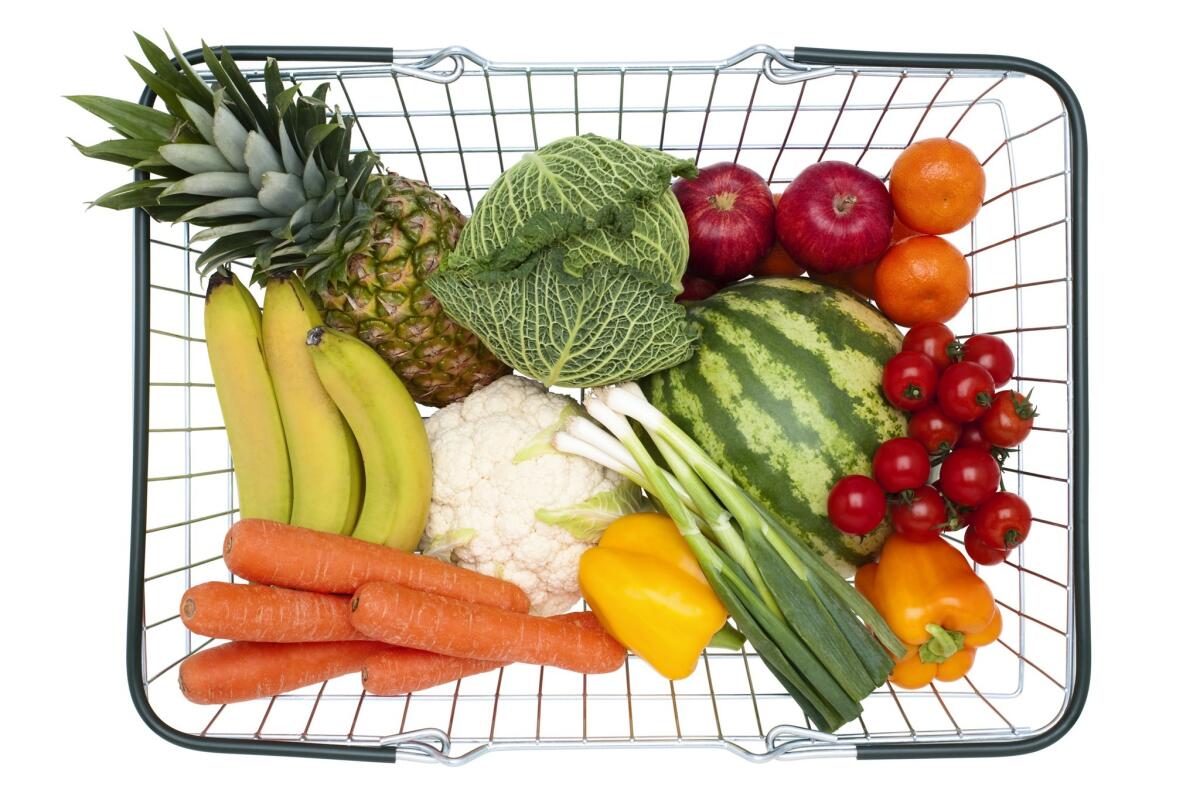How listeria gets in your food, and how to prevent it

- Share via
The recent fruit recall involving produce sold at Ralphs, Trader Joe’s, Costco, Food 4 Less and other grocery outlets due to possible contamination with listeria may have people wondering how the bacteria comes into contact with food.
According to the Centers for Disease Control, listeriosis is a serious infection caused by eating food contaminated with the bacteria Listeria monocytogenes. The bacteria is commonly found in soil and water.
Animals can carry the bacteria and infect meat and dairy products. The bacteria can also come in contact with other foods while in a processing facility and is capable of living there for years.
The Food and Drug Administration notes that listeria germs can also grow in your refrigerator. If you refrigerate food contaminated with listeria, the germs can multiply and contaminate other foods nearby.
The FDA lists deli meats, hot dogs, smoked seafood and store-prepared deli salads as ready-to-eat foods at risk of contamination. Raw fruit, unpasteurized milk and soft cheeses are also susceptible. In 2011, an outbreak of listeria caused by contaminated cantaloupes led to multiple illnesses and deaths.
The CDC says older adults, people with compromised immune systems and certain chronic medical conditions and pregnant woman as the most at risk for listeriosis. The infection can cause fever and muscle aches, diarrhea and other gastrointestinal symptoms, headache, stiff neck, confusion, loss of balance and convulsions.
To prevent contamination, the FDA and USDA Food Safety and Inspection Service suggest that people at risk should reheat hot dogs and lunch meats until steaming hot and avoid dairy products made with unpasteurized milk.
All fruits and vegetables should be washed under running water just before eating, cutting or cooking, even if you intend to peel it. The FDA and FSIS also suggest scrubbing produce such as melons and cucumbers with a clean produce brush.
Other ways to prevent contamination include thoroughly washing food preparation surfaces with warm, soapy water and sanitizing them, keeping your refrigerator clean and at 40 degrees or colder and your freezer at 0 degrees or colder, wrapping and covering food before storing, and using precooked or ready-to-eat foods as soon as possible.
Twitter: @Jenn_Harris_
More to Read
Eat your way across L.A.
Get our weekly Tasting Notes newsletter for reviews, news and more.
You may occasionally receive promotional content from the Los Angeles Times.











